The great bike drought of 2020
Want a new bike? Then you probably need to be patient. James Shrubsall investigates Covid's plunder of bike stocks across the UK and Europe, and what the future looks like for the bike-buying public
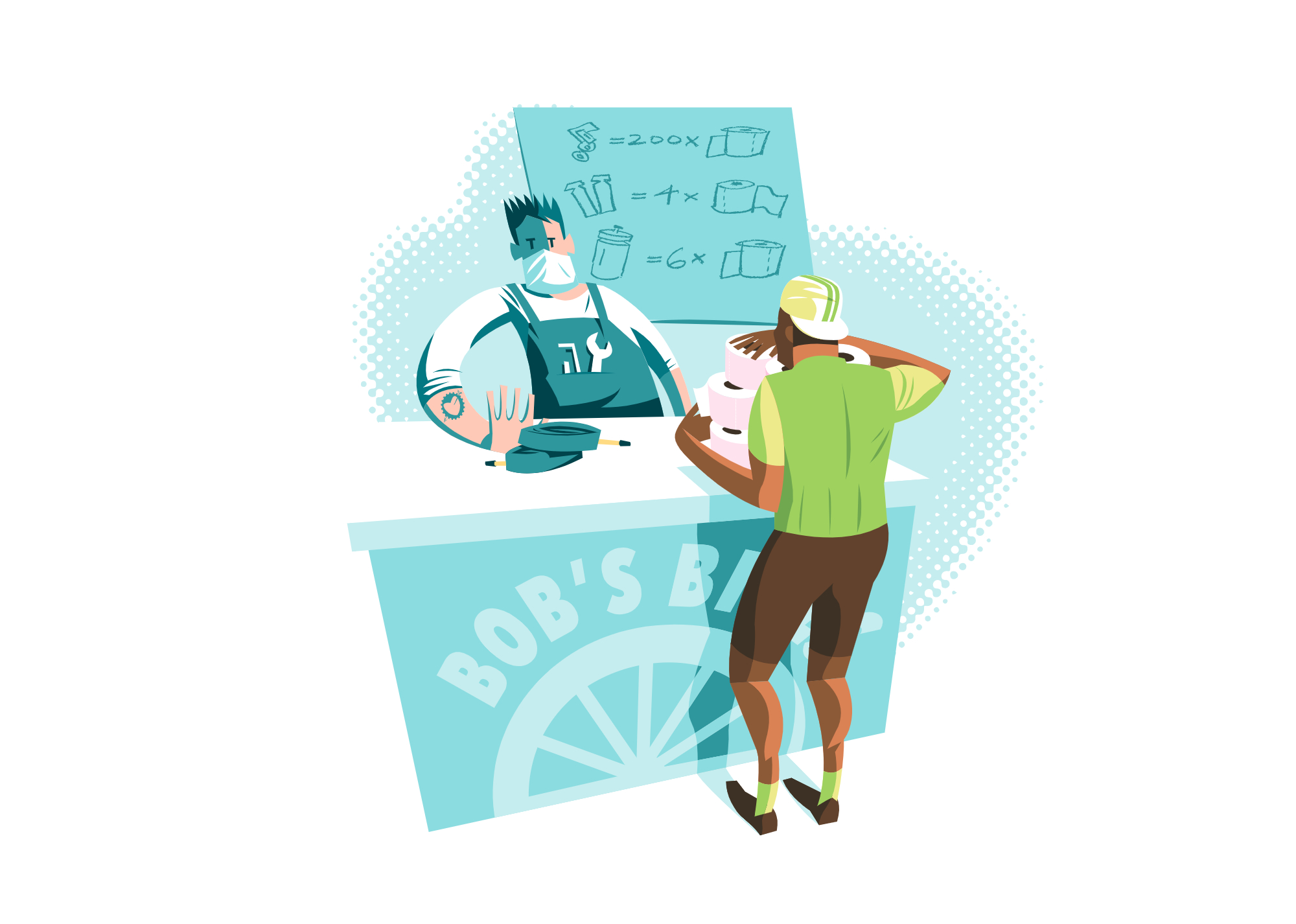

A couple of weeks ago, having braved the Saturday morning shops to buy trainers for my eldest, I popped into the local bike store. It's become a bit of a ritual — perusing rows of new bikes is chicken soup for the Sports Direct-addled soul.
Or at least it might have been had there been any. The displays were not exactly bare, but it looked like a panic-buying situation that reminded me of trying to buy flour in Sainsbury's early in the pandemic — I was looking at the bicycle equivalent of a few random packets of specialty bread mix.
Not that this should have been a surprise. A shortage of bicycles and associated kit has become as much a feature of the pandemic as clapping on the doorstep and facemask chic, and according to those in the industry that CW spoke to, stocks are still well down and look like they probably will be for some time.
When we spoke to Tom Pidcock right at the start of lockdown he said that even he — one of the UK's most promising pro riders — had had a lot of trouble sourcing a turbo trainer. If a multiple world champion can't find a turbo, what hope did the rest of us have?
Had he wanted a hybrid or a hardtail mountain bike though, he may have been completely out of luck, for those were the bikes that began selling fast even as people could see lockdown approaching and they looked for alternative, socially-distanced ways to get to work — not to mention the fact that most public transport was not offering so much a skeleton service as throwing commuters the very occasional bone.
"It was turbos that went first," says Rutland Cycles marketing manager Dave Hicks. "We saw demand really ramp up as we got closer to lockdown becoming a thing. I think people were expecting that we might be in a situation where we might not be able to go out. And then once we got to April it went pretty nuts, particularly for that lower value product — thousand pound hardtails and hybrids." According to figures from trade body the Bicycle Association, bike sales were up 112% in April 2020, compared to April 2019.
>>> Subscriptions deals for Cycling Weekly magazine
Get The Leadout Newsletter
The latest race content, interviews, features, reviews and expert buying guides, direct to your inbox!
Demand quickly became so high that the shelves were cleared of lower value items and if a customer wanted a bike to ride to work on the next day, they could no longer afford to be picky.
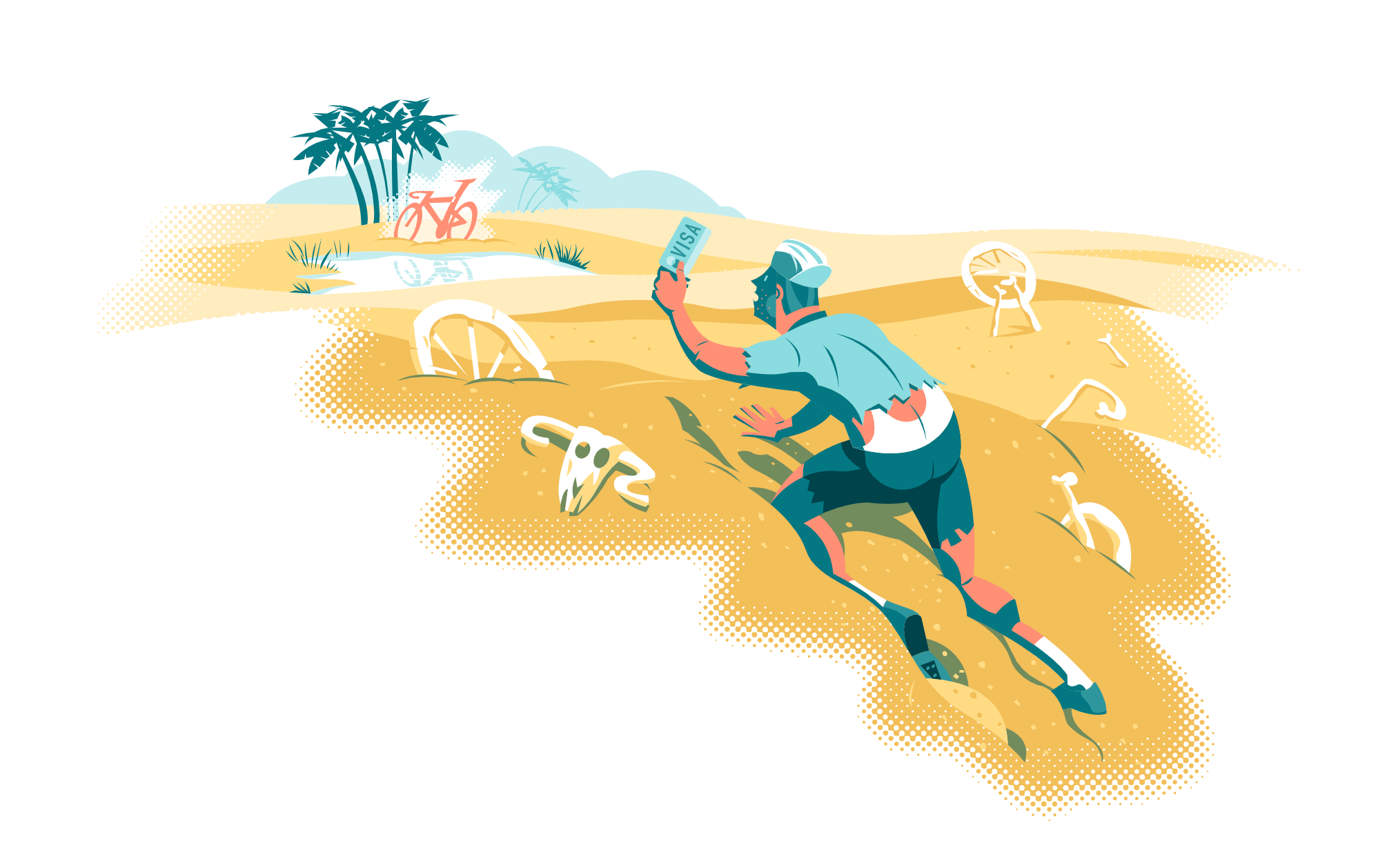
"I was talking to retailers in April where they were just literally selling 'bikes'. It wasn't a question of 'have you got a mountain bike', it was 'have you got a bike'," reveals Keith Murray, head of bike sales at Darlington-based distributor ZyroFisher.
And it wasn't only commuters seeking a socially distanced way to get to the office who were buying up bikes. With schools closed and people being furloughed in increasing numbers, time was suddenly at hand. With cycling one of the few ways to get out and do something, it made sense to go out and buy a bike. This even applied to those who had switched to home working, with time previously spent commuting needing to be filled.
So perhaps surprisingly, those spending money in bike shops (be that online or in bricks and mortar establishments) were not new and returning riders, but seasoned cyclists making the most of the fine weather and extra free time.
"Anyone who rode a bike already is riding their bike more," says Richard Balfe, owner of the Balfe's Bikes chain of shops in London and Surrey. And he adds: "People that didn't ride bikes are more likely to ride bikes, and a proportion of those are now staying on their bikes."
Figures from the Department for Transport show that between the first week of March and the first week of October the amount of cycling on English roads on any given day was up 52% on previous levels. That climbed to more than double normal levels on some days during the summer months.
This meant that at the same time as new cyclists were buying up all the lower end stock, there were also established riders looking to spend money that they perhaps otherwise would have spent on a holiday abroad, on a new bike — and not a cheap one either. So, stock was being hit from both ends.
The industry went from a place of starting to "batten down the hatches" as one industry insider CW spoke put it, to suddenly fighting a firestorm of demand and, as ZyroFisher brand manager Alex Coventry describes, it came at exactly the wrong moment.
"The point where brands were firming purchases [for later in the year] was the point of maximum fear of contraction," Coventry explains. "And we then had a maximum period of growth. So suddenly you've got this almost triple whammy: very long lead times followed by a significant period of concern followed by a stratospheric period of growth."
It is this long lead time, common in the cycling industry, that is causing a lot of the trouble. Some models of 2021 bikes, which would have usually hit shop floors in mid to late 2020, are already completely sold out and many others are scarce. One local two outlet bike shop CW spoke to was sat on five top of the range £10,000 road bikes - way more than they’d usually stock. But was confident that the lack of supply would mean once the bigger retailers were sold out, customers would eventually come and track them down. The alternative was having next to nothing for a year.
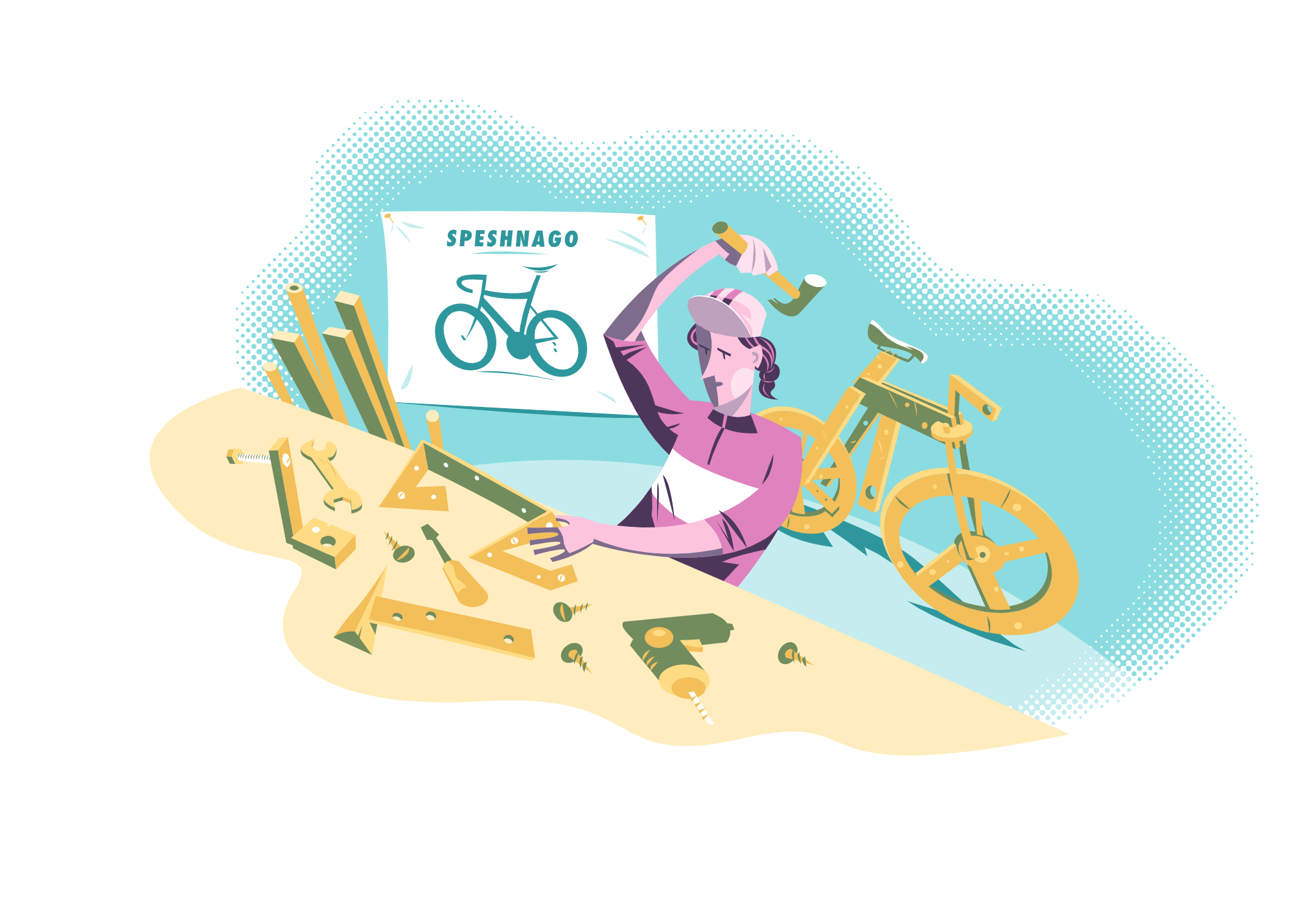
Suppliers are already having to start forecasting sales for the new-for-2022 bikes that will come in during the latter half of next year. With the UK's top scientists unable to predict whether we'll still need to be locked down next month, forecasting sales for this time next year is practically impossible.
"We're erring gently on the side of caution," says Coventry.
Blocked flow
Late summer 2021 is not the only concern for the industry. The constant and plentiful supply of bikes that it now feels we once took for granted, is no longer there. Murray puts it: "As an industry, we've never recovered from [April] because we've just not been able to fill the pipe from the supplier to the consumer-facing end. And that pipe is emptying faster than we can fill it."
As a chain of shops catering not just to experienced riders but their families too, one of the most pressing issues at Balfe's Bikes is ensuring there is enough stock available for the Christmas rush.
"Short-term, the challenges will be kids' bikes to a degree," Balfe says. "Part of what we do is selling kids' bikes at Christmas. But we've put so much focus into the buying, that if it is out there, I think we're going to get it."
He does express concern though, for smaller shops who may not have the necessary buying clout for times like this and could suffer as a result.
"It is competitive, because it's business," Balfe says. "But if all the rest go out of business it's not going to do the industry any good at all. One of my fears going into next year is that there are shops out there that don't have the stock that will have trouble getting through it."
The supply hasn't vanished completely, of course, and if you wanted to buy a road bike tomorrow you could. You just might not get exactly the one you wanted — in fact, it might be some way off what you had in mind. “Triathlon bikes and TT bikes, how many do you want? I'll sell you some tomorrow - I've got plenty of them,” says Murray.
But the fact you can get anything at all is thanks in no small part to a lot of people making a lot of effort behind the scenes. Retailers, suppliers and manufacturers have got to know each other better than ever this summer as they attempt to plug any holes in the chain.
Balfe, for example, describes focusing on working with suppliers to the extent that it became "almost a full-time role". Hicks tells a similar story, but it is clear that while the conversations between shops and suppliers have intensified, they have also changed. Instead of the pre-Covid way of doing things where a shop would simply order 10 of an item, nowadays it's more a case of going hopefully to a supplier and seeing what you come away with. Maybe it'll be 10 items, maybe it will be three items and a bunch of all sorts — a bit like turning on 'substitutes' when doing the online groceries and hoping for the best.
A major part of the issue is that a manufacturer can no longer pass spare inventory around between different European countries to satisfy demand, as would usually be the case because demand is high everywhere and there's none spare. The ultra-tight lockdowns in much of Europe, where people weren't even allowed outside to exercise, does not seem to have dampened the ardour of would-be bike riders.
"It's clear in the European markets that they're seeing super-strong growth as well. So once people have been released from their homes, then the market has grown in the same way," Murray explains.
One thing that Britain's cyclists have to deal with that much of Europe doesn't are the long, cold and often wet winters. We're approaching a bit of a watershed moment in that respect, as the industry waits to see whether those who have taken to two wheels under the warm lockdown sun will last the course now lockdown has returned and the weather has taken its inevitable turn for the worse.
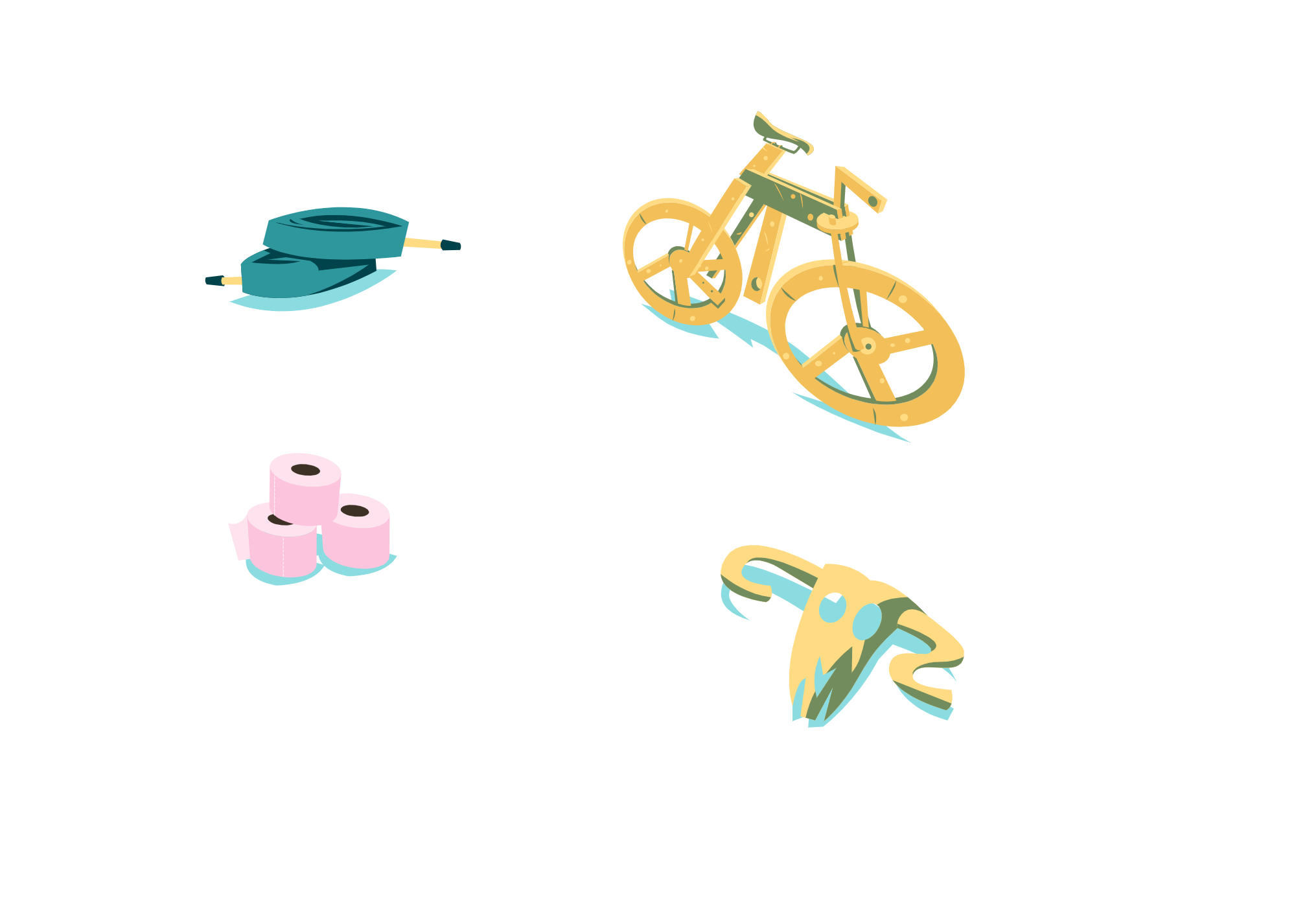
Hicks's experience at Rutland Cycling suggests perhaps they will: "We've had a really good response to the kind of autumn-winter clothing this year. It's actually, I think, the best performance of a new season launch we've had."
>>> Cycling Weekly is available on your smart phone, tablet and desktop
Beyond the pandemic per se, there are two other factors that have exacerbated the situation: disc brakes and adventure bikes. The rate at which rim brakes are becoming outdated is accelerating and the demand for disc brake road bikes is high now, according to many of those we spoke to. The used market for these machines is limited too, placing extra pressure on retailers.
At the same time, the universal appeal of adventure bikes — Murray calls them "the new tattoo" — is also having an effect, as riders seek to add a bit of extra versatility to their personal stable — or simply replace their 'one-trick' road bike.
Switching to either of the above generally can't be achieved by simply buying a few components: it requires an entire bike — which entails a whole new groupset. It's hardly surprising therefore that componentry is currently one of the industry's biggest stumbling blocks.
"I think in most cases brands are masters of their own destiny on the frame side. I think the majority of the challenge is a groupset challenge and a P&A [parts and accessories] challenge," Coventry says.
At the time of writing the country is just about to be plunged into a second lockdown — one that was being ruled out just days ago by the government. How much of an effect it will have on the cycling industry in this new set of circumstances nobody knows, and it's this kind of unpredictability that industry buyers are having to deal with as you read this.
In fact, one of the few things anyone can say with any confidence right now is that, for the bike industry, things could be an awful lot worse.
This feature originally appeared in the print edition of Cycling Weekly, on sale in newsagents and supermarkets, priced £3.25.

Thank you for reading 20 articles this month* Join now for unlimited access
Enjoy your first month for just £1 / $1 / €1
*Read 5 free articles per month without a subscription

Join now for unlimited access
Try first month for just £1 / $1 / €1
After cutting his teeth on local and national newspapers, James began at Cycling Weekly as a sub-editor in 2000 when the current office was literally all fields.
Eventually becoming chief sub-editor, in 2016 he switched to the job of full-time writer, and covers news, racing and features.
A lifelong cyclist and cycling fan, James's racing days (and most of his fitness) are now behind him. But he still rides regularly, both on the road and on the gravelly stuff.
-
 Day or night, I never ride without my Garmin Varia rearview radar light; it's one of the best pieces of cycling tech I've ever owned
Day or night, I never ride without my Garmin Varia rearview radar light; it's one of the best pieces of cycling tech I've ever ownedDeals The Varia RCT715 is, for me, an essential piece of riding kit delivering enhanced safety, and right now, it has a superb $100 off at REI
By Paul Brett
-
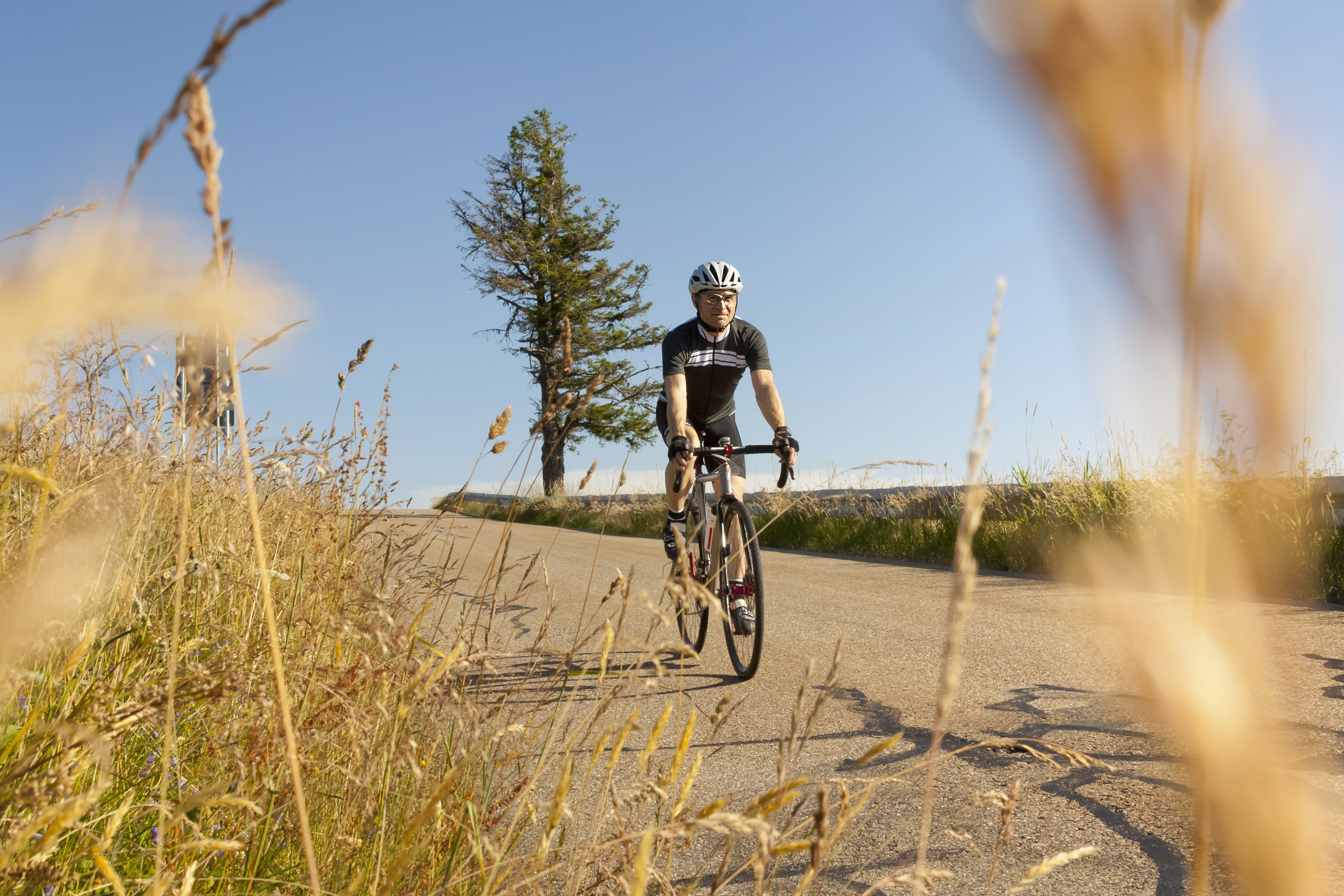 Hayfever and your riding: how to combat it as the pollen strikes
Hayfever and your riding: how to combat it as the pollen strikesExplanations, medications and holistic measures to make your spring and summer riding more enjoyable
By James Shrubsall